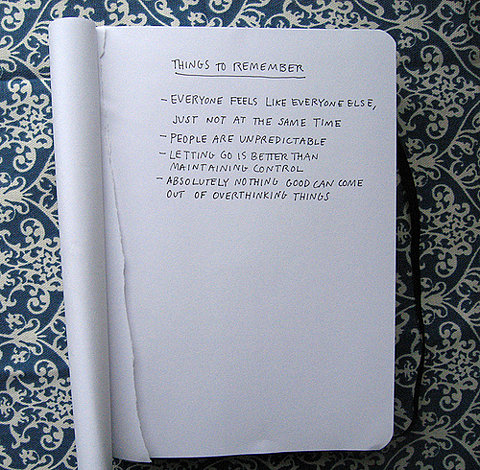The citrus fruit is known as the main ingredient in Earl Grey tea but herbal tea expert Penelope Sachs says it has some other 'hidden talents'. "In the past this oil has been used to treat mild depression and digestion problems," she says. Look for it in herbal blends rather than as a stand-alone tea.
Chamomile
One of the most common herbal brews, body+soul naturopath expert Mim Beim says chamomile has many benefits. "It soothes the stomach, and can be helpful for diarrhoea, nausea, reflux and abdominal cramps including period pain," she says. But the benefits don't stop there. "It was recommended in the 1600s to 'comfort the brain'," says Beim. "If you are an anxious type, swapping coffee for chamomile tea is a good move."Cinnamon
Not only is it a delicious ingredient in apple pie, cinnamon in herbal tea helps improve digestive problems too. "Cinnamon is a warming tonic, wonderful for easing winter chills, and also or people who feel the cold," says Beim.Fennel
Don't let the distinctive licorice flavor put you off. Sach says fennel tea is often served with honey for indigestion. "A weaker form blended with chamomile flowers is great for babies with colic," says Penelope. To blend at home Sach suggests crushing fennel seeds, pouring over boiling water and straining into a mug.Ginger
"Ginger is one of those wonderful plants that double as medicine and food," says Beim. "It is a tummy tonic par excellence and great for nausea, diarrhoea, indigestion and cramping." Ginger is also a terrific circulation tonic and can help reduce stress and anxiety levels.Hibiscus
Hibiscus flowers contain high levels of antioxidants, and in tea, Beim says it is helpful for the inflammation of mucus membranes such as sore throats, gum disease and cystitis. "It has recently been found to reduce high blood pressure," she says.Juniper Berry
"Juniper berries are used by herbalists in teas for urinary tract problems and especially as a diuretic," explains Sach. "The berries in a tea need to be boiled and can be mixed with other berries for assisting a healthy heart."Lavender
Sach says lavender seeds are used in tea to promote a feeling of calm. "But the essential oil is very strong and if taken as a single tea can causes cramps," she warns. "It's always better to be in a combination tea."Lemongrass
Another tea to aid digestion, Beim says lemongrass is good for "bloating and flatulence" amongst other things. "It is also helpful for headaches and good for nervous exhaustion," she says.Lemon Myrtle
If you're suffering with a winter cold or flu, this is the herbal brew for you. "It has a great tangy lemon flavour and can be mixed in any black teas," says Sach. "With other herbs, it can be used as a cleanser and with Manuka honey is great for colds and flu."Peppermint
Excellent for digestive problems, Beim says peppermint tea is also "good for snuffly colds". "Sipping cool peppermint tea can also help relieve the hot flashes of menopause," she says.Raspberry Leaf
This herbal brew is particularly good for pregnant women. "Drinking raspberry leaf tea helps relieve morning sickness," says Beim. And later in your pregnancy, two to three cups per day can lead to an easier delivery.Sage
Even though she warns sage tea is "quite pungent to taste" Sach says it is a perfect cure for the blues. "It has an uplifting effect and is great during menopause and PMS," she explains.Spearmint
Another tea to get us through a long, cold winter, Sach says spearmint tea is "excellent for sinus and upper respiratory conditions." She also says it's especially delicious mixed with lemongrass.Vervain
"Vervain is loved by the French as a tea to calm the nervous system," says Sach. "[In Australia] is used by medical herbalists in tonics widely for anxiety and mild depression."Penelope Sach is an expert in herbal tea and makes her own range of brews available at http://www.penelopesach.com.au/
Mim Beim, body+soul's naturopath expert, also makes her own herbal teas, available at www.beamingwithhealth.com.au


































































